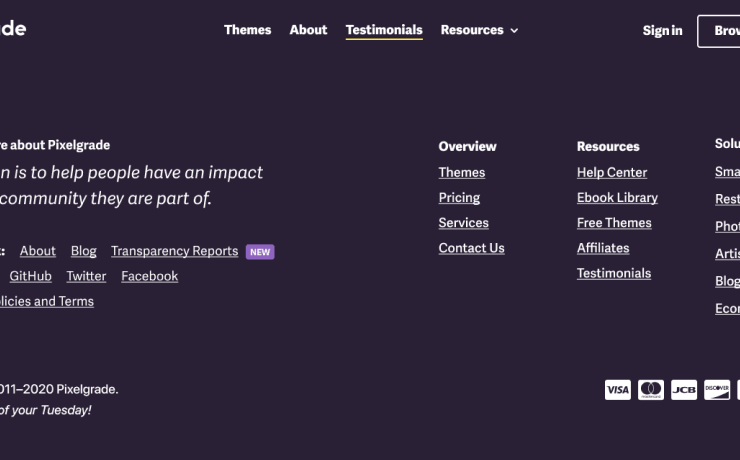
The Evolution of Search Engine Optimization (SEO) and the Power of Quality Website Content
The digital landscape has dramatically changed since the early days of the internet. Search Engine Optimization (SEO), once a relatively simple process of keyword stuffing and link building, has evolved into a sophisticated discipline. While keyword optimization still plays a role, the modern search engine prioritizes high-quality, engaging content that genuinely satisfies user intent. This shift makes quality website content the cornerstone of a successful SEO strategy, driving meaningful traffic and building a strong online reputation.
The Early Days of SEO: A Look Back
In the mid-1990s, search engines like Yahoo!, AltaVista, and Lycos dominated the internet. Their algorithms were basic, heavily reliant on keyword density and metadata. Simply stuffing keywords into a webpage, regardless of context or user experience, could often lead to high rankings. This era was characterized by a focus on quantity over quality.
Google’s arrival in 1998 marked a turning point. The introduction of the PageRank algorithm shifted the focus to the quality and relevance of backlinks, signaling a move towards a more nuanced approach to SEO. Content relevance and website authority began to gain significance.
How Modern Search Engines Work
Today’s search engines, such as Google and Bing, utilize incredibly complex algorithms powered by artificial intelligence. They analyze numerous factors to determine search rankings, moving far beyond simple keyword counts. Key elements include:
- Content Quality: Is the content original, informative, well-written, and engaging? Does it provide value to the reader?
- User Intent: Does the content accurately address the user’s search query? Does it fulfill their needs and expectations?
- Page Experience: Is the website fast, mobile-friendly, and easy to navigate? A positive user experience is crucial.
- Authority and Trust: Does the website demonstrate expertise and trustworthiness in its field? High-authority sites tend to rank higher.
Google’s algorithm updates, such as Panda, Penguin, and the Helpful Content update, have further emphasized the importance of high-quality, relevant content. Websites with low-quality, duplicate, or spammy content are penalized, while those providing valuable, user-centric content are rewarded with higher rankings.
Why Quality Website Content is Crucial for SEO Success
In the modern SEO landscape, quality content isn’t just beneficial—it’s absolutely essential for success. Here’s why:
- Improved Rankings: Search engines prioritize content that is accurate, helpful, and relevant to user searches. Well-written, informative articles consistently outperform keyword-stuffed content.
- Increased Website Traffic: High-quality content attracts more visitors because it provides solutions, answers questions, and engages readers. This leads to increased organic traffic.
- Enhanced User Experience: Clear, concise, and well-organized content keeps users engaged and reduces bounce rates. A positive user experience is a strong ranking signal.
- Building Authority: Consistently publishing high-quality, insightful content establishes your website as a trusted source of information within your industry, building authority and credibility.
Conclusion: The Indispensable Role of Quality Content
SEO has evolved significantly from its early days. Modern search engines prioritize quality, relevance, and user intent above all else. For businesses seeking to thrive online, investing in exceptional website content is no longer optional; it’s a fundamental requirement for success. Prioritize creating valuable, engaging content that meets the needs of your target audience and aligns with the latest SEO best practices.